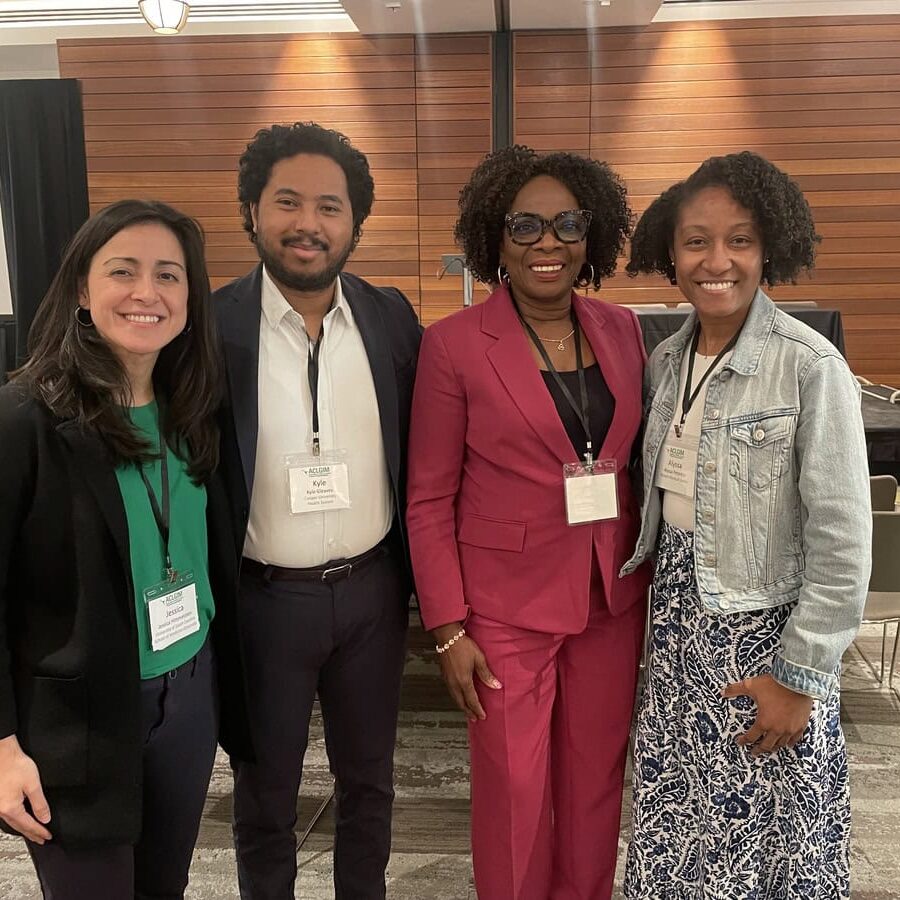
Unlocking Leadership Potential
The landscape of academic leadership is rapidly evolving, demanding more than traditional educational qualifications or scholarly expertise. Today's academic leaders are expected to navigate complex organizational structures, manage finances, champion career development, and foster inclusive environments. Recognizing these multifaceted challenges, the Unified Leadership Training for Diversity (UNLTD) Program emerges as an initiative to equip current and aspiring academic leaders with the essential skills to thrive and drive diversity in academic organizations.
Who Should Apply
We welcome all applicants who are committed to understanding, supporting, and advocating for individuals whose backgrounds and experiences contribute to diversity in medicine. This includes those whose life experiences have been shaped by factors such as discrimination, low socioeconomic status, or under-resourced environments. The program aspires to support individuals who would benefit from leadership mentorship and seek to enhance their sense of connection and belonging within leadership activities and groups in SGIM and beyond.
Program Highlights
Founded by Dr. Mark Linzer and developed collaboratively by the SGIM Disparities Task Force and the Minorities in Medicine Interest Group, UNLTD stands at the forefront in providing essential skills to thrive and drive diversity in academic organizations.
The UNLTD Program is structured around several core aims:
- Mentorship and Networking: Offering robust mentorship from seasoned leaders and fostering a dynamic network of professionals dedicated to diversity.
- Formal Curriculum: A comprehensive curriculum designed to provide theoretical and practical knowledge in management and leadership within academia.
- Management Training: Focused training on the nuances of financial oversight, organizational management, and strategic departmental leadership.
- Experiential Fellowships: Hands-on fellowships allow participants to apply learned skills in real-world scenarios, preparing them for substantive leadership roles.
- Empowerment and Inclusion: We aim to foster an inclusive and supportive environment for all.
- Ongoing Support: Continuous engagement with program alumni to ensure long-term mentoring, collaboration, and refinement of the program for future leaders.
Key Dates
October 7, 2025
Online nominations open
January 30, 2026
Online nominations close
March 11, 2026
Awardee notifications begin
May 6-9, 2026
Award winners acknowledged at the 2026 SGIM Annual Meeting
Faculty
Adesuwa B. Olomu, MD
Swartz Endowed Professor of Medicine
Michigan State University

Faculty
Alpesh Amin, MD, MBA
Associate Dean, Clinical Transformation;
Chief, Hospital Medicine & Palliative Medicine
University of California, Irvine School of Medicine



